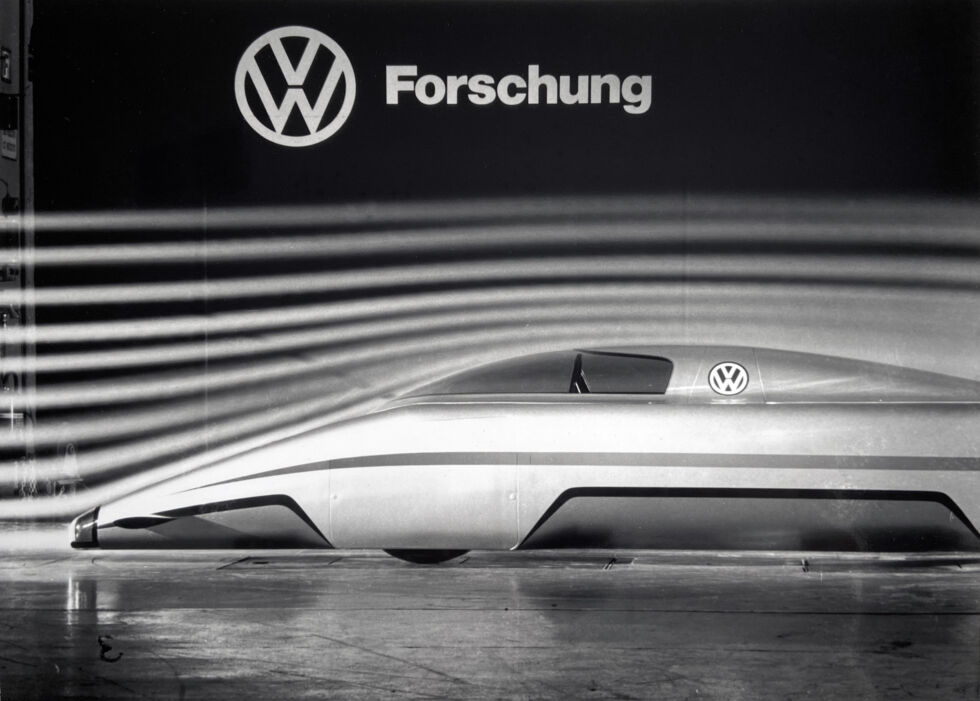-
 chevron_right
chevron_right
California strikes deal with five automakers to cut CO2 by 2026
Jonathan M. Gitlin · news.movim.eu / ArsTechnica · Wednesday, 19 August, 2020 - 12:50 · 1 minute

Enlarge / Cars congest Intersate 10 in Los Angeles late October 2006. That year, the state sued several US and Japanese automakers for their alleged contribution to global warming. (credit: GABRIEL BOUYS/AFP via Getty Images)
On Tuesday, five automakers signed agreements with California's Air Resources Board to implement cleaner emissions standards over the next few years. BMW , Ford , Honda , Volkswagen Group , and Volvo will reduce vehicle emissions between model years 2021 and 2026.
Unlike Europe's rules, which fine automakers if they exceed a blanket fleet average for the amount of CO 2 emitted per km, CARB has different targets for cars and light trucks based on their relative footprint. But each of the five OEMs has agreed to cut the amount of CO 2 its vehicles produce per mile by about 17 percent by MY2026. The new agreement is broadly similar to one announced last year , although with a revised timeline that now runs through 2026.
Specifically, CO 2 emissions from small cars would drop from 157g/mile in 2021 to 130g/mile in 2026, large cars from 215g/mile to 178g/mile, small light trucks from 195g/mile to 162g/mile, and large light trucks from 335g/mile to 278g/mile, with a formula to adjust vehicles that fall in between the small and large footprint areas. For context, the EU's new fleet-wide average, which came into effect in 2020, heavily fines any automaker whose fleet average exceeds 152g/mile (95g/km).

